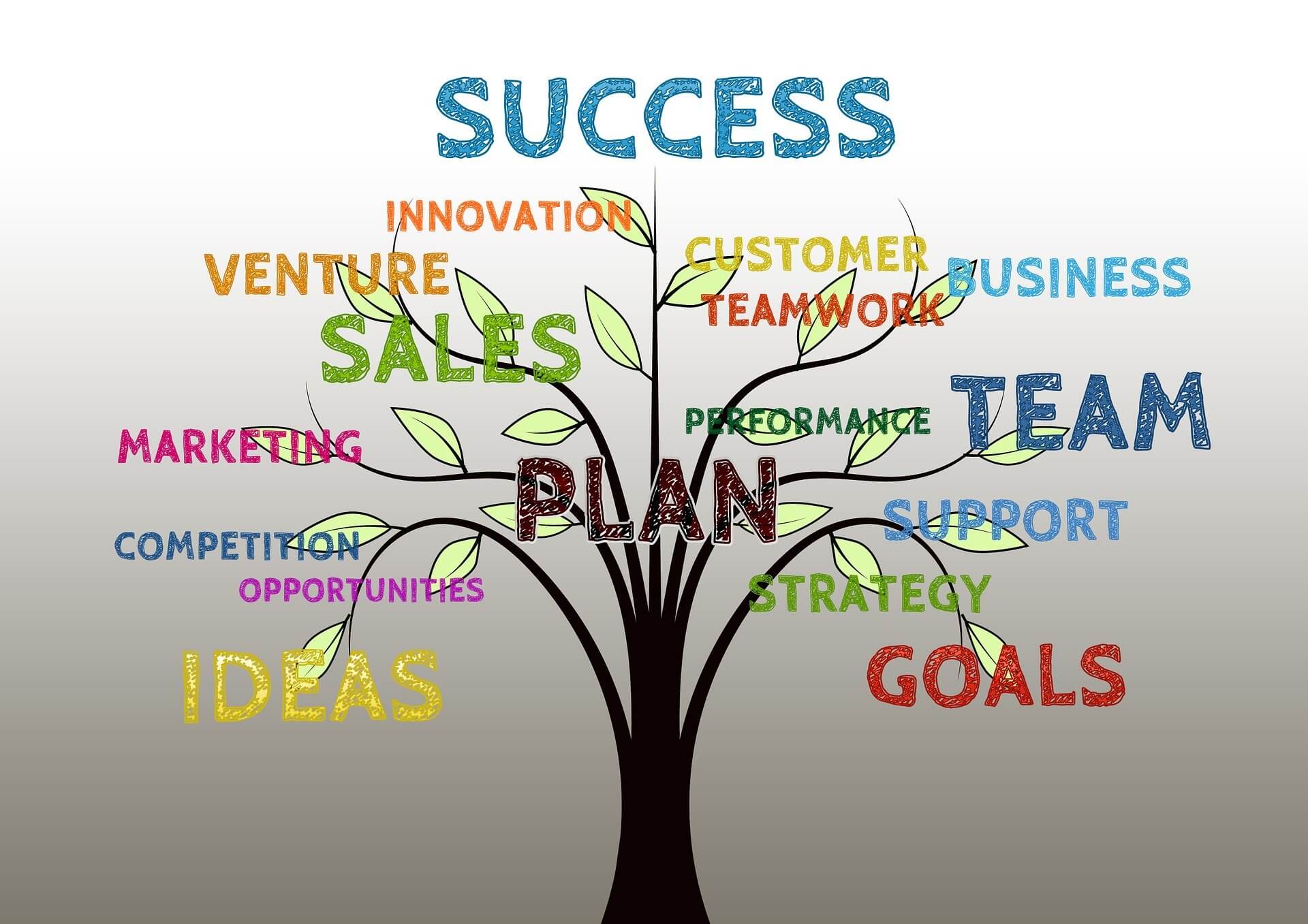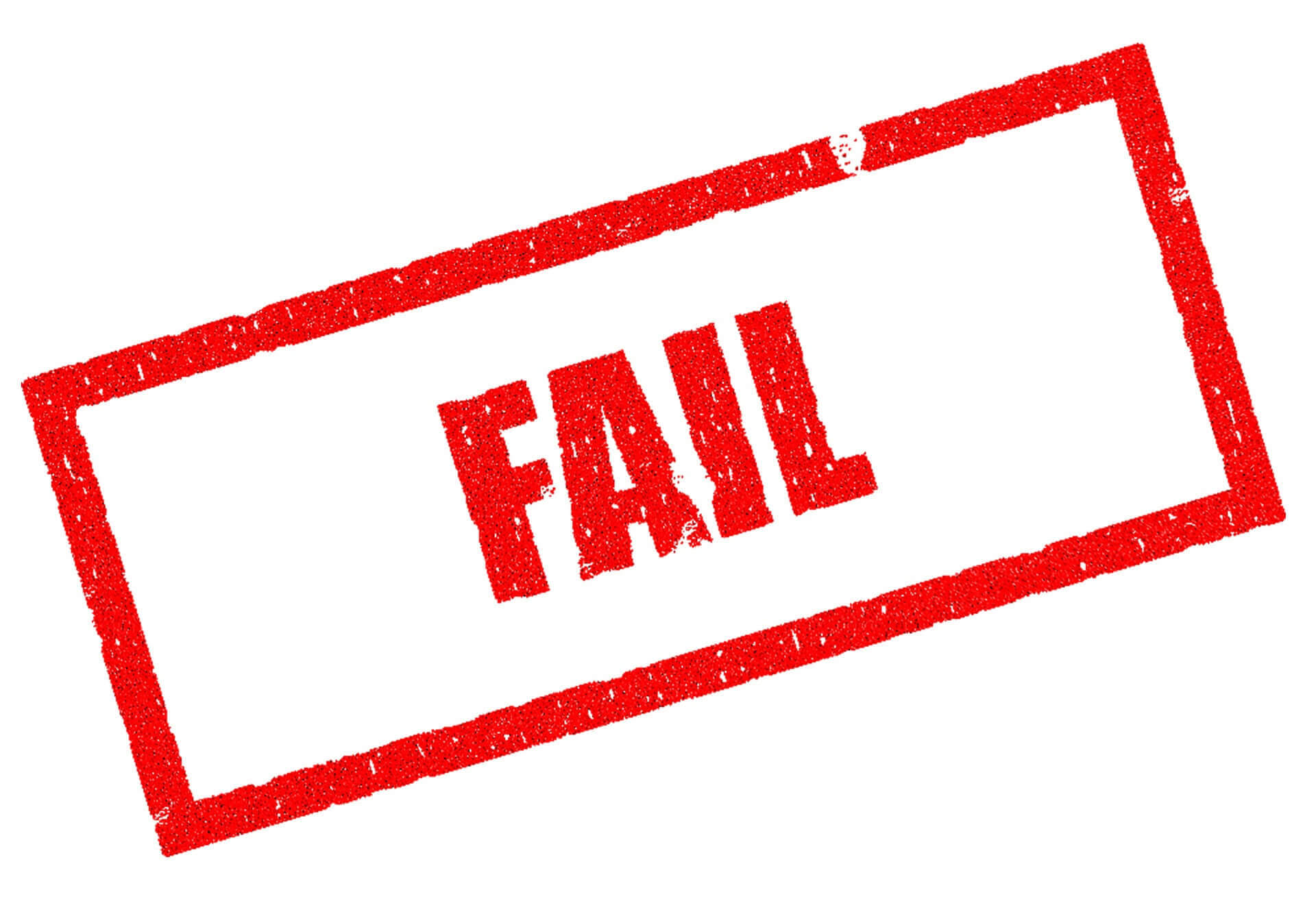All CEOs face many challenges, perhaps those of small and mid-sized companies more so than others. However, the current data-rich environment offers an enormous untapped potential for SMEs. Let me explain.
Today’s technically advanced and data-rich environment makes the strategic use of data a crucial element for success. While many companies recognise the importance of its leverage for marketing purposes, an often overlooked aspect holds immense potential: the comprehensive and superior use of customer-centric data. This is what I want to cover in this post.
If you would rather listen than read:
Understanding the Potential for SMEs to Use More Customer-Centric Data
Superior use of customer-centric data means going beyond basic data collection and analysis to integrate customer insights into every facet of a business. This holistic approach uses data to enhance product development, service enhancement, operational efficiency, and strategic planning.
Let’s look into each of these in more detail.
Why the Superior Use of Data Matters
1. Personalised Customer Experiences: Superior data utilisation helps all organisations, especially SMEs, create personalised experiences that resonate with individual customers.
Businesses can tailor their offerings, communications, and engagements to create meaningful connections by understanding customers’ preferences, behaviours, and needs. According to a report by Epsilon, 80% of customers are more likely to make a purchase from a brand that provides personalised experiences.
2. Predictive Insights for Proactive Strategies: Leveraging data allows SMEs to anticipate trends and predict future behaviours.
This foresight enables proactive strategies, such as developing new products or services that address emerging needs or adjusting marketing tactics to stay ahead of the competition. Gartner predicts that by 2025, AI-driven businesses will be able to capture up to $2.9 trillion in business value.
3. Enhanced Decision-Making: Data-driven decision-making eliminates guesswork and reduces the risk of costly mistakes. SMEs can make informed choices based on concrete evidence, leading to more effective resource allocation and improved outcomes. According to McKinsey, data-driven organisations are 23 times more likely to acquire customers, six times more likely to retain customers, and 19 times more likely to be profitable.
4. Operational Efficiency: Analysing customer data has huge potential for SMEs to identify inefficiencies and streamline processes. This enhances productivity, contributes to cost savings, and improves the overall customer experience. A Forrester study found that organisations leveraging data effectively see a 10% reduction in operational costs.
If you are an executive who believes you have untapped potential in your own organisation and would like to discuss your current challenges in data usage, innovation, or marketing, then why not CONTACT US? In a 30-minute CALL, you will walk away with at least three suggested actions immediately impacting your business.
Transforming Marketing with Superior Data Utilization
The power of superior data use cannot be overstated for marketing heads. It revolutionises how marketing strategies are conceived, executed, and evaluated.
However, this means that they can no longer rely on creativity alone. They need to




 For this first summary of a post, I’d like to share not a list of solutions but a selection of inspiring quotes on reacting to failure. I think it sets the stage beautifully for the three other summaries to come.
For this first summary of a post, I’d like to share not a list of solutions but a selection of inspiring quotes on reacting to failure. I think it sets the stage beautifully for the three other summaries to come.
